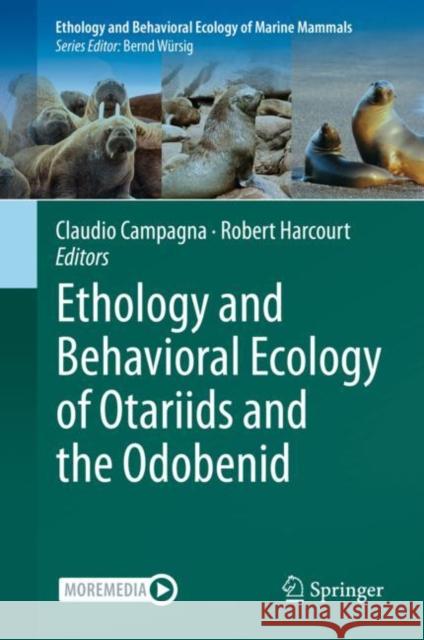Ethology and Behavioral Ecology of Otariids and the Odobenid » książka
topmenu
Ethology and Behavioral Ecology of Otariids and the Odobenid
ISBN-13: 9783030591830 / Angielski / Twarda / 2021 / 672 str.
Kategorie:
Kategorie BISAC:
Wydawca:
Springer
Seria wydawnicza:
Język:
Angielski
ISBN-13:
9783030591830
Rok wydania:
2021
Wydanie:
2021
Numer serii:
000892327
Ilość stron:
672
Waga:
1.26 kg
Wymiary:
23.88 x 20.32 x 3.81
Oprawa:
Twarda
Wolumenów:
01











